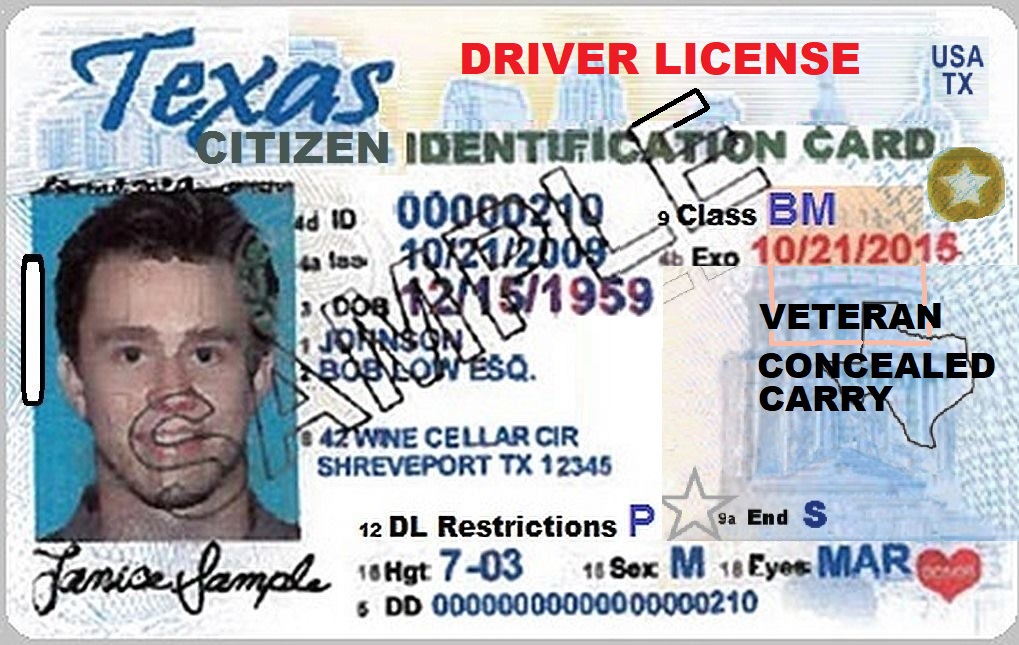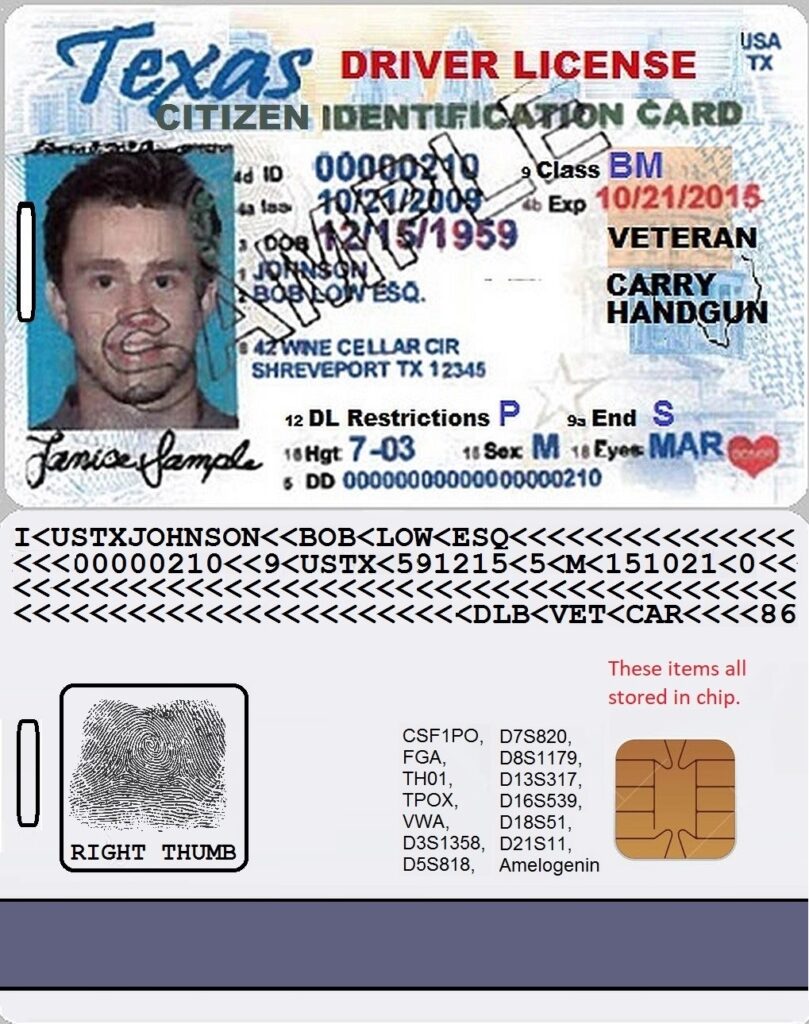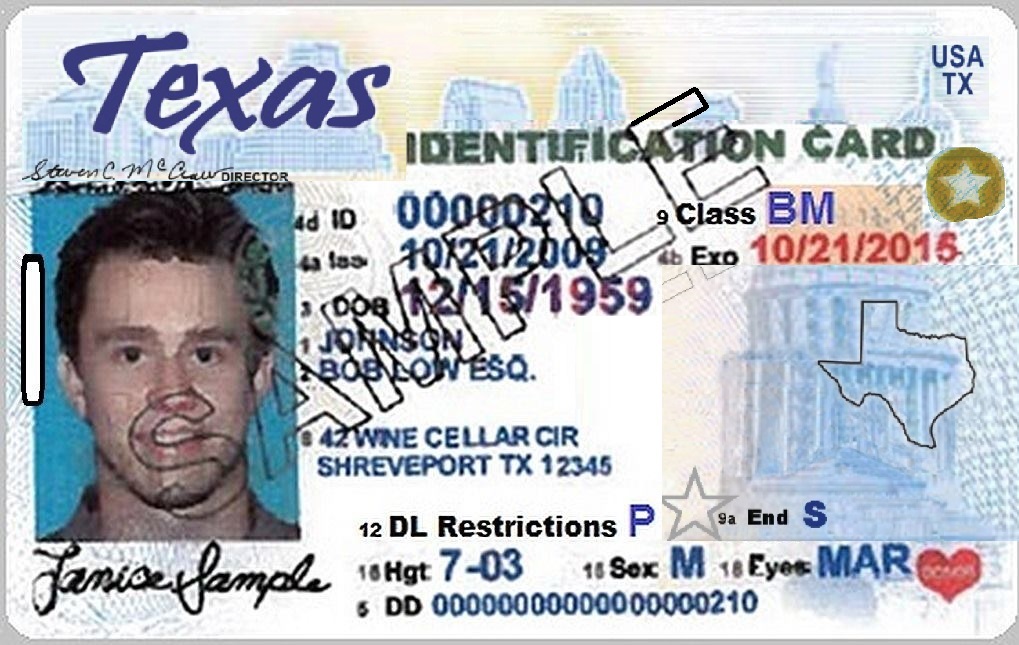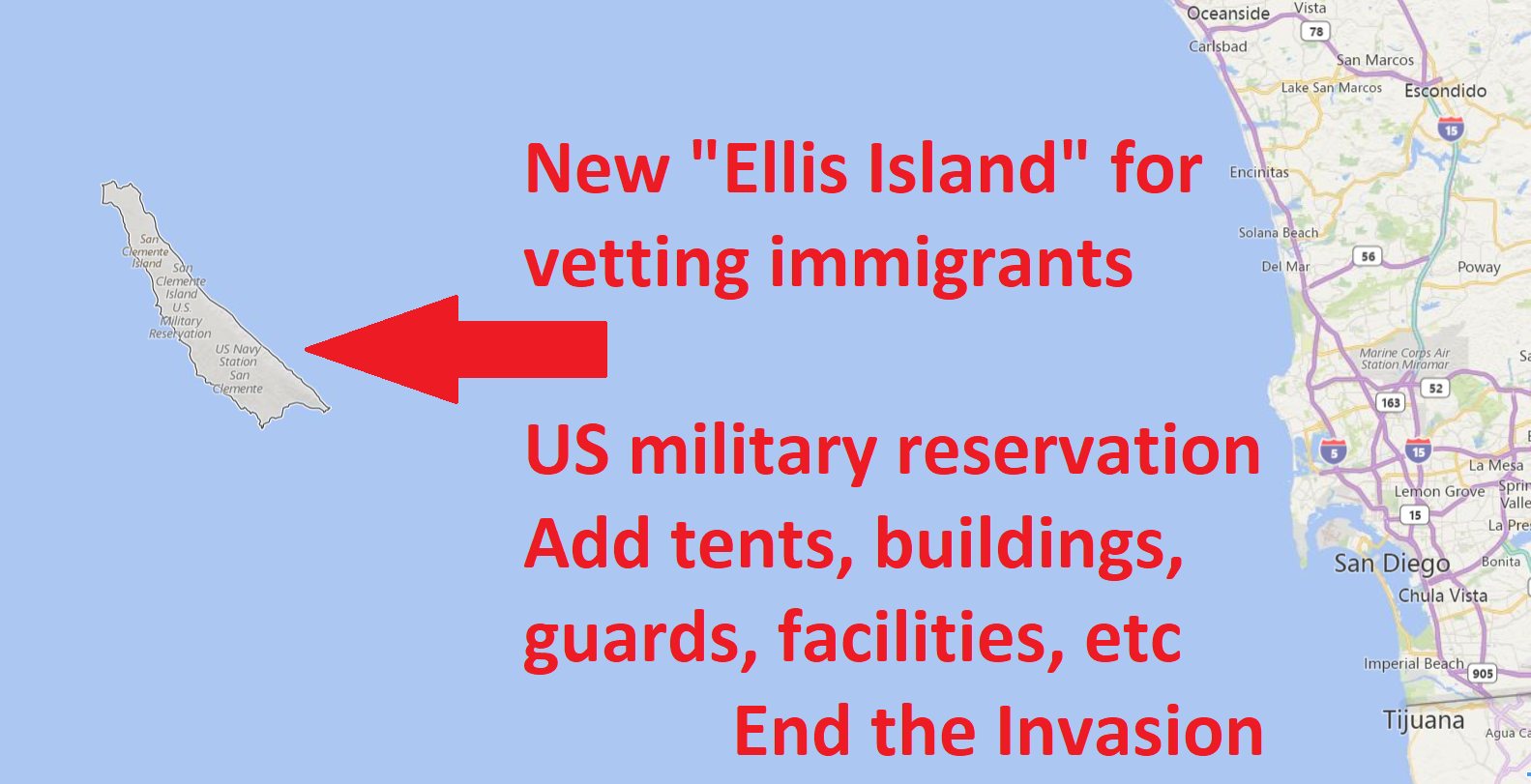[see the first companion article on State power over Immigration and the third companion article on States’ Actions on Immigration]
Supreme Court Basis
In 1875 an key case in immigration law was reviewed by the Supreme Court. Chy Lung v Freeman essentially established Federal supremacy over immigration issues. The Court’s reasoning was that a state could not supersede Federal power in regard to relations with other countries. Article I Section 8 enumerates powers of Congress, including
“To regulate Commerce with foreign Nations, and among the several States, and with the Indian Tribes;” and
“To establish an uniform Rule of Naturalization, and uniform Laws on the subject of Bankruptcies throughout the United States;”
The President is empowered in Article II Section 2
“He shall have Power, by and with the Advice and Consent of the Senate, to make Treaties, provided two thirds of the Senators present concur;”
States are also prohibited in Article I Section 10
“No State shall enter into any Treaty, Alliance, or Confederation; grant Letters of Marque and Reprisal; coin Money; emit Bills of Credit; make any Thing but gold and silver Coin” and
“No State shall, without the Consent of the Congress, lay any Imposts or Duties on Imports or Exports, except what may be absolutely necessary for executing its inspection Laws:” and
“No State shall, without the Consent of Congress, lay any duty of Tonnage, keep Troops, or Ships of War in time of Peace, enter into any Agreement or Compact with another State, or with a foreign Power, or engage in War, unless actually invaded, or in such imminent Danger as will not admit of delay.”
However, in addition to these Constitutional provisions about Treaties, Alliances and to regulate Commerce that the Federal government does control with some exceptions, the Constitution leaves States with other powers, like the inspection of goods and persons entering into their states. The purpose of these inspections is two-fold:
- Taxation, including inspection fees, the remainder for Federal coffers, and
- Safety of things and people being imported so that they might be excluded (sent back)
The Supreme Court has reiterated the authority of states to protect its citizenry from unsafe people and things in Chy Lung v Freeman, and to prevent undue burden on the local communities and the state of those persons who might become a public charge:
“If a state law, in the absence of congressional legislation, is enacted to protect itself by necessary and proper laws against foreign criminals, it may be constitutional as long as it arises from a vital necessity.
… and in Henderson v Mayor of City of New York the Court did not rule, instead
“Whether, in the absence of such action, the States can, or how far they can, by appropriate legislation, protect themselves against actual paupers, vagrants, criminals, and diseased persons, arriving in their territory from foreign countries, we do not decide”
… but in Smith v Turner the Court clearly laid out for public health reasons
“9. That the States of this Union may, in the exercise of their police powers, pass quarantine and health laws, interdicting vessels coming from foreign ports, or ports within the United States, from landing passengers and goods, prescribe the places and time for vessels to quarantine, and impose penalties upon persons for violating the same; and that such laws, though affecting commerce in its transit, are not regulations of commerce prescribing terms upon which merchandise and persons shall be admitted into the ports of the United States, but precautionary regulations to prevent vessels engaged in commerce from introducing disease into the ports to which they are bound, and that the States may, in the exercise of such police power, without [48 U.S. 283, 415] any violation of the power in Congress to regulate commerce, exact from the owner or consignee of a quarantined vessel, and from the passengers on board of her, such fees as will pay to the State the cost of their detention and of the purification of the vessel, cargo, and apparel of the persons on board.” and in addition on paupers, vagabonds etc.
“examine whether any of them are lunatics, idiots, maimed, aged, or infirm, incompetent to maintain themselves, or have been paupers in any other country, and not permit such persons to be put on shore, unless security shall be given that they shall not become a city, town, or State charge. This is the exercise of an unquestionable power in the State to protect itself from foreign paupers and other persons who would be a public charge; “
The Supreme Court has reiterated “in the absence of legislation by Congress, to protect herself by necessary and proper laws against paupers and convicted criminals from abroad“
Discussion
As previously described in another [article], the Congress is limited by Article I Section 9 when it comes to making Federal laws that override States’ ability to decide whom to admit (and limits their involvement to imposing a tax on bringing in such Persons):
“The Migration or Importation of such Persons as any of the States now existing shall think proper to admit, shall not be prohibited by the Congress prior to the Year one thousand eight hundred and eight, but a tax or duty may be imposed on such Importation, not exceeding ten dollars for each Person.”
While the intention of this clause in the Constitution was obviously directed at slaves, temporarily or more permanently brought into the US, for 20 years after the signing, it did introduce the precedent that the several States have a right to determine who would be proper to admit to their state. State laws, then, establish who would be properly admitted.
It can easily be seen that this restriction on Congress does not apply to apply to States admitted to the Union at the time of the signing. But does this mean that those new States could never be overridden by Congress or just that they could be prohibited before 1808 from importing slaves or others? The contentious question of slavery, even at the time of the signing, was not resolved, and would not be resolved for several more decades.
Indentured servitude, including to the state by convicts, was a recognized status for persons, but the egregious practice of treating the offspring of slaves as slaves and turning free men in other countries into slaves in the US, not by choice (indentured servitude) eventually led to the Presidential edict that slavery was over without compensation. Of course, this ignited the Civil War. If only Congress could have banned involuntary slavery from the inception of America.
All this discussion of States’ rights versus Federal powers in light of Supreme Court opinions leads us to conclude that while taxation of foreigners entering the US is strictly within the purview of Congress and that foreign dignitaries defined by Congress would be exempt from vetting or that treaties could override state laws for certain foreign persons meeting specific conditions, states do have the otherwise unrestricted right to inspect people to protect themselves from the unhealthy, criminals, and paupers or those who might become a public charge.
States may also claim compensation (charge those arriving) for these inspections, except of course for those persons exempted Constitutionally, although any excess “profit” must go to Treasury. If the State performs these inspections as an agent of and under authority of the Federal government, it is clear that the Federal government must compensate States for any functions the State performs on its behalf, if authorized.
Becoming a public charge is related to the economy and the job market as well as the capabilities and skills of the person under consideration. So, these employment factors must be considered in the location the person expresses his desire to be located. If the applying person immigrating or visiting is to be employed in an area where unemployment is high or the expressed skills of the person do match enough to make employment likely, the person may become a public charge.
A similar consideration should also be given to the health threat factor. It is not only about the current condition of the person but also the healthcare facilities in the geographic area the person expresses a desire to relocate into. A family or potential employer can commit to warranting that the person (or his charges and wards) will not become a public charge.
Lastly, in similar fashion housing and education, especially of the person’s charges or wards, should be considered in light of whether the person or his charges would become a burden on the public. While a family can commit or warrant they will give housing or needed education to the person and his wards, an employer can, too. This would deal with concerns about the person or his wards becoming a public charge.
Conclusions
This Court-recognized power to inspect arriving visitors and immigrants leads us to the conclusion that States have the power to reject and eject those found unsuitable, although those rejected may cure the reason for rejection by, for example, posting bond or having others post bond for them or commit to support the person and his wards otherwise.
Counting heads, determining ethnicity or race, allocating available places to nations or other interfering in claimed Federal powers is not necessary or proper for States, but the above-mentioned conditions that might lead to an admitted person becoming a public threat or public charge are legitimate State powers and supported by case law.
Note that sole Federal power over “an uniform rule of Naturalization” means that States still grant Citizenship (which in turn makes them US Citizens), but only according to the rules Federal law authorize which must be uniform, as described in the related [article].
On the other hand, Federal power cannot override these legitimate areas of State power, simply by claiming that sole power to regulate international relations lies with Federal authorities. Actually, in case of those exemptions that Federal authorities legitimately lay claim to: consuls, diplomats, etc., that sole power brings the sole responsibility for them not becoming a public threat or public charge.
If a diplomat should become criminal, Federal authorities must protect the public, not State authorities, for example, even though it may entail 24-hour surveillance on their part. This is not an optional obligation, although the Federal authorities may delegate such power with just compensation to the States. The same is true for health threats from exempted (diplomatic) foreigners, as well as housing and other areas of intercourse of those exempted classes with the State.
A gray area will remain in employment for family members or others accompanying a diplomat. If Federal authorities claim exemption for that party, State authorities cannot regulate them in employment, but Federal authorities must not interfere in proper effective operation of local laws. In effect, Federal agents become enforcers of State and local laws and regulations over their exempted individuals.












